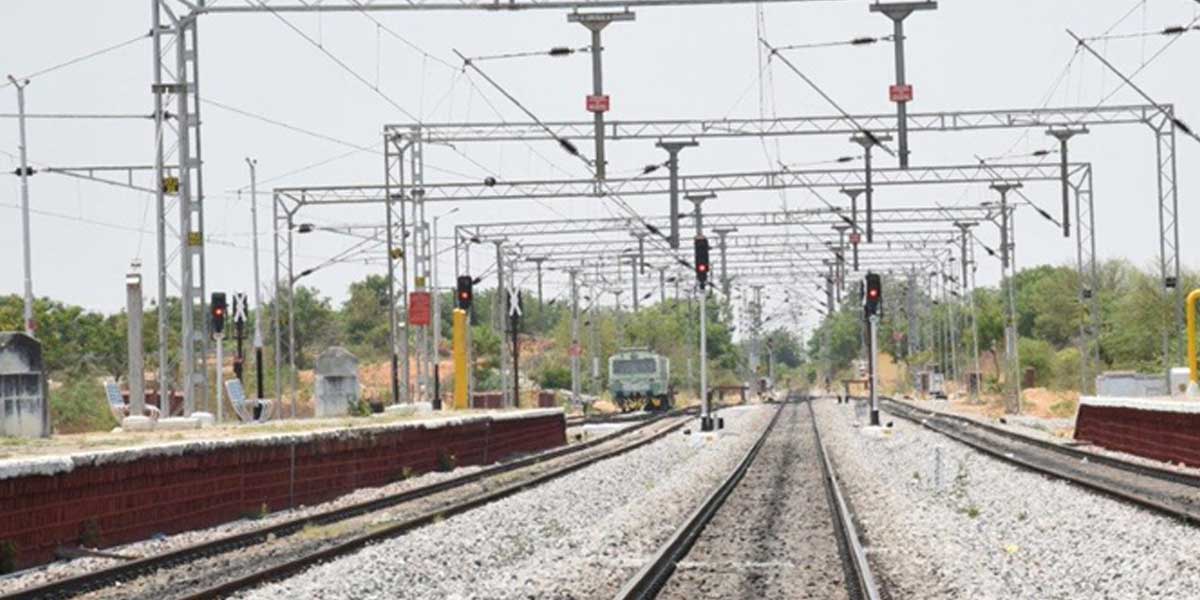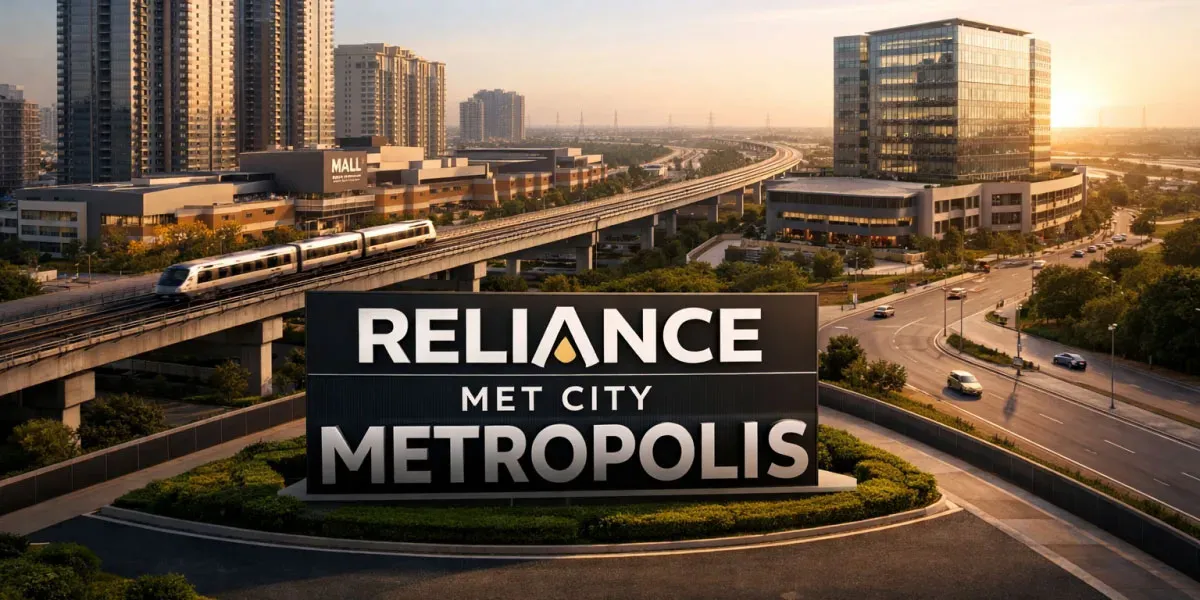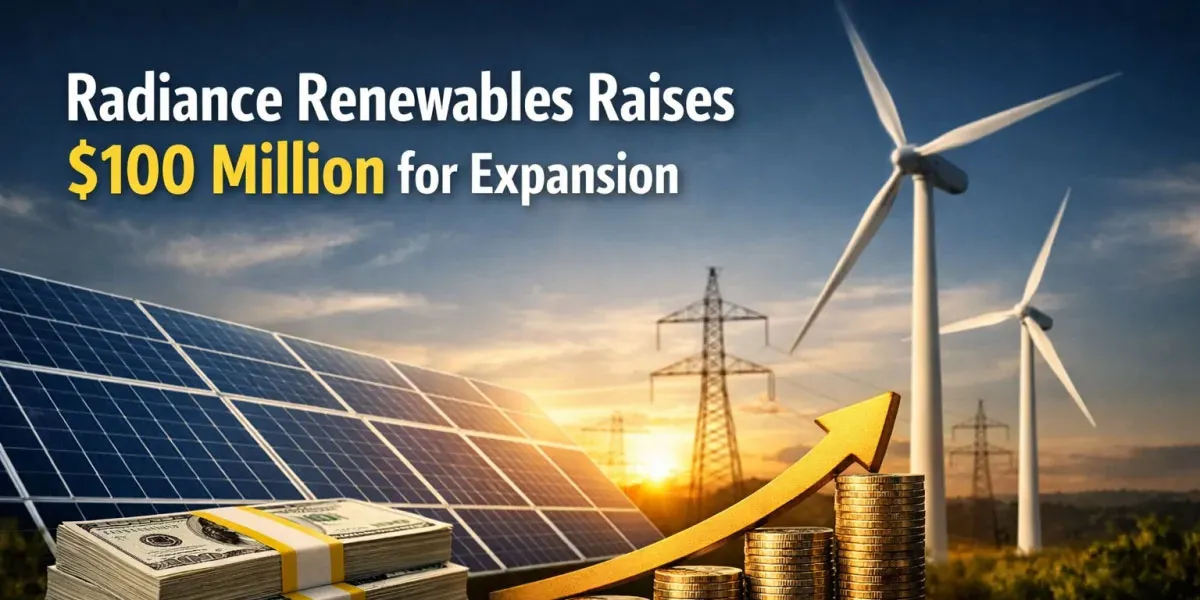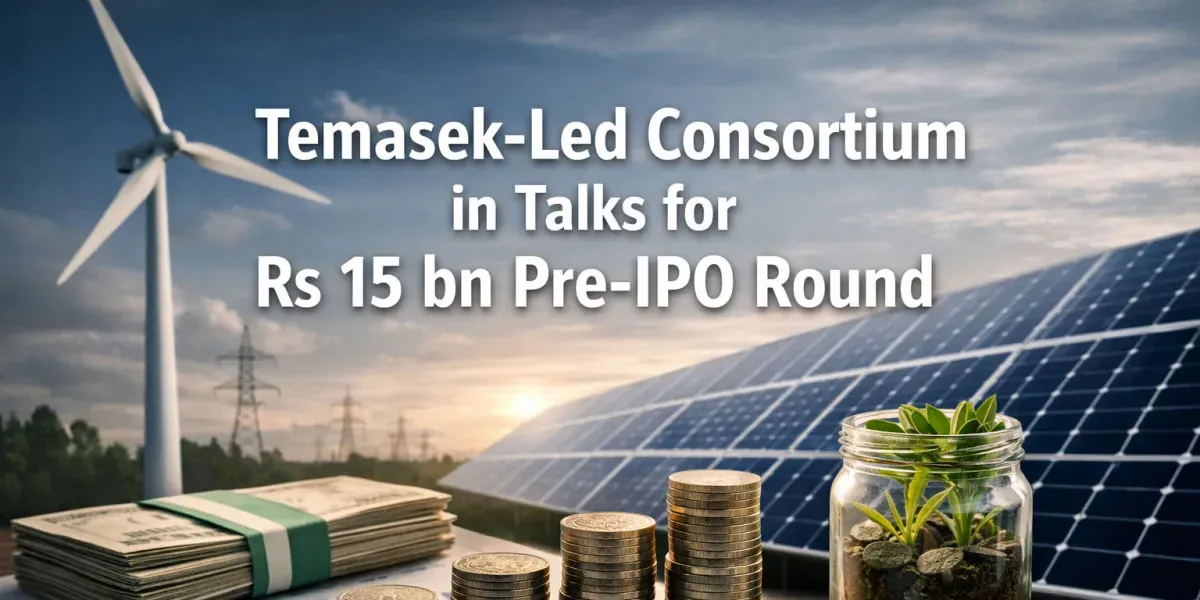
Railways launches policy to make its entire fleet electric

Reliance MET City Launches Metropolis Project In Haryana
Reliance MET City (RMC) has launched Metropolis, an integrated mixed-use project in Haryana that is expected to redefine the regional urban landscape. RMC said the development will combine residential, commercial and leisure components to meet rising demand for organised urban spaces. The project has been positioned to benefit from existing and planned transport links and municipal infrastructure, and aligns with regional plans for sustainable urbanisation. Company representatives framed the initiative as part of a broader expansion strategy in northern India. The Metropolis project will inco..

Radiance Renewables Raises 100 Million Dollars for Expansion
Eversource-backed Radiance Renewables has secured 100 million dollars (100 mn dollars) in funding from Impact Fund Denmark and FMO to support its expansion. The investment will bolster the company's capital base and enable acceleration of project development and deployment. Radiance Renewables is positioning itself to scale its renewable energy portfolio and strengthen operational capabilities. The funding round reflects growing investor appetite for climate-focused infrastructure. Impact Fund Denmark and FMO are established impact investors that channel capital into sustainable energy projec..

Temasek-led Consortium in Talks for Rs 15 bn Pre-IPO Round
A Temasek-led consortium is in advanced talks to invest Rs 15 billion (Rs 15 bn) in Clean Max Enviro Energy in a pre-initial public offering funding round, according to people familiar with the matter. The prospective financing is intended to provide capital for operational expansion and to strengthen the company's balance sheet ahead of a planned public listing. The discussions reflect continued investor appetite for renewable energy platforms in the region. Clean Max Enviro Energy is a renewable energy developer that provides sustainable power solutions to commercial and industrial customer..

















